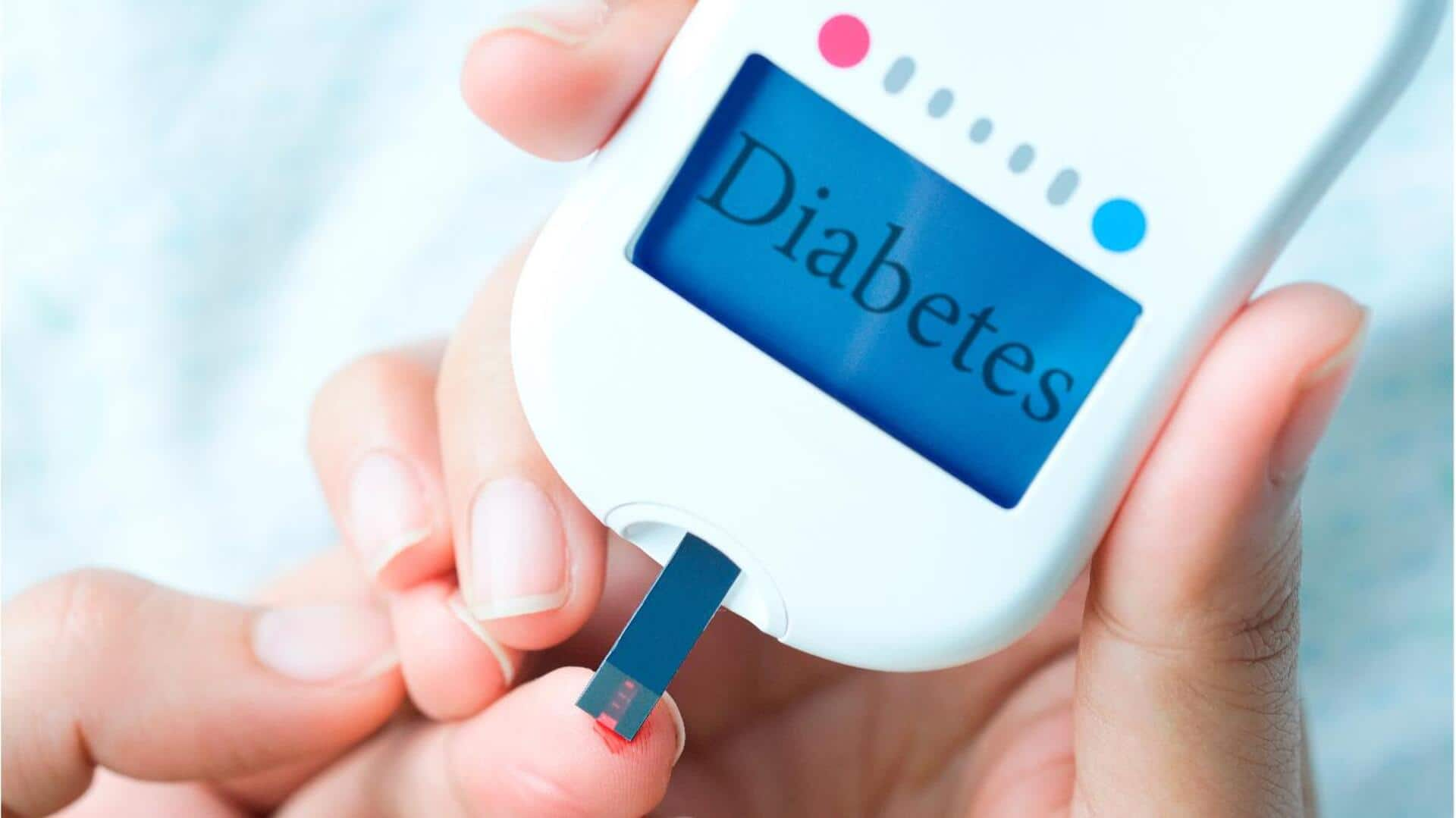
Type 1 diabetes cured using stem cell transplant in China
What's the story
In a major medical breakthrough, Chinese scientists have cured a woman of chronic type 1 diabetes. The revolutionary procedure done using stem cell transplant, took only 30 minutes. The 25-year-old patient from Tianjin began naturally regulating her blood sugar levels, around two and a half months after the treatment. She couldn't hold back her joy and said, "I can eat sugar now."
Procedure details
Innovative treatment method and research team
The treatment used "chemically induced pluripotent stem-cell-derived islets" or CiPSC islets. A team from Tianjin First Central Hospital and Peking University, led by Dr. Deng Hongku, conducted the research. Their findings were shared last week in the peer-reviewed journal Cell. They're looking to expand this trial later this year, with plans to include up to 20 participants.
Methodology
A closer look at the stem cell transplant procedure
The new treatment method involved collecting adipose tissue cells from the patient, and reprogramming them into pluripotent stem cells via small molecule chemicals. These cells were then transformed into islet cells and transplanted back into the patient. This innovative approach eliminated immune rejection, as the cells were derived from the patient's body. The Chinese research team received official approval for clinical research in June 2022, and proceeded with the transplant.
Progress
Post-transplant improvements and future implications
After the CiPSC transplant, the patient's fasting blood glucose levels normalized, and she steadily decreased her need for external insulin. She stopped needing injections 75 days after the transplant, a significant improvement that has lasted for over a year. The team also simplified the procedure by opting to transplant cells into abdominal muscles instead of the liver, which helped reduce inflammation risks. This injection took less than 30 minutes and made it easy to monitor the cells with an MRI.
Results
Clinical data and future studies
At the one-year post-treatment mark, the research team stated, "The clinical data met all study endpoints with no indication of transplant-related abnormalities." This is a really promising sign that more clinical studies are needed. But researchers are proceeding with caution, since it is still unclear if the new islet cells will be impacted by the same autoimmune response that triggered her diabetes. The patient is set to hit a crucial two-year post-treatment milestone this November.